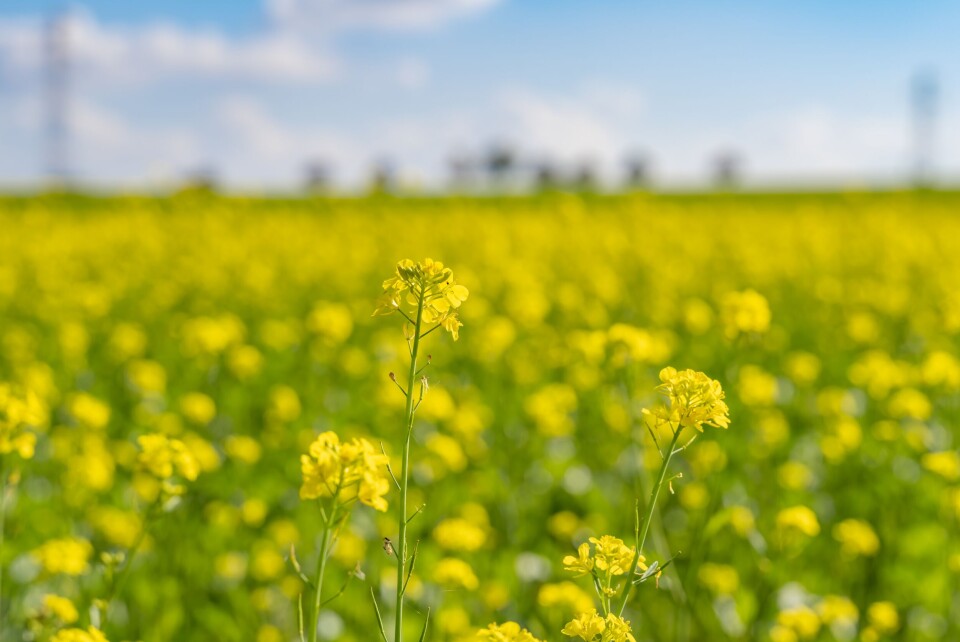-
‘Digital ID’ to be accepted at French airports this summer
Users of the France Identité app will be able to board certain flights using ID on smartphone
-
New Paris-Jersey direct flight to launch this summer
Loganair route forms part of Channel Island’s tourism boost plan
-
British Airways launches bargain £2 flights to France (but there’s a catch)
The flights are only available to members of the airline’s Avios scheme who are redeeming loyalty points
Buses in southern France use rapeseed oil to lower pollution and costs
The company has retrofitted 20% of its vehicle fleet to use the fuel

Buses in southern France are saving up to 60% on greenhouse gas emissions by using fuel made of 100% rapeseed oil.
A transport company in Vauvert, south of Nîmes, uses the vegetable oil fuel for 20% of its 50-strong fleet, saving considerable money on diesel costs as fuel prices continue to rise.
The fuel is Oleo100, and it is used mainly in the Occitanie region so far.
Christian Garcia, head of the transport firm, told France 3: “It helps us to operate more cleanly. Over the lifecycle of the product, rapeseed oil enables us to reduce greenhouse gas emissions compared to diesel.
“It emits 80% fewer fine particles, which helps improve air quality too.”
The company retrofitted 10 of its existing buses to enable them to run on rapeseed. Mechanics cleaned the diesel reservoir, changed the fuel circuit, and replaced the filters. Each took half a day. The fitting is reversible if the company ever needs to revert back to standard fuel.
Running on rapeseed oil does not affect the vehicle’s power, but uses 8% more fuel overall. However, as the oil costs less than diesel, it is still worth it, the coach company has said.
The fuel is made in France, from the rapeseed flower plant often seen growing as a crop in fields. France produced 4.3 tonnes in 2022. The main producer is Saipol (Société Agro Industrielle de Patrimoine Oléagineux).
The crop also produces protein-rich grains that can be used for animal feed, with more than half of production in France reserved for farmers.
The remaining produce results in oil, of which 14% is destined for supermarket shelves to be used as salad dressing or for cooking. The rest of the oil is transformed into Oleo100 fuel.
France has not currently allocated enough land to allow rapeseed fuel to replace petrol or diesel on a wider scale, hence its use at a lower level. Some manufacturers in France are also working on generating fuel from wood or straw.
Read more: French MP proposes allowing used cooking oil to be legal car fuel
Mr Garcia explained that the use of both diesel and Oleo100 suits his company well. He said: “We are aiming for an energy mix. Having an exclusive energy source does not allow us to react to what is happening economically.
“Having rapeseed oil, as well as diesel and other sources of fuel like gas or bioethanol, enables us to react to economic changes and to be more independent as a result.”
Across Occitanie, around 100 school buses use Oleo100, as do 62 buses on the Lio transport network.
Related articles
Cooking oil mix powers French superjumbo Airbus A380 for three hours
Cooking oil as fuel, pensions: MPs approve French spending power bill
























